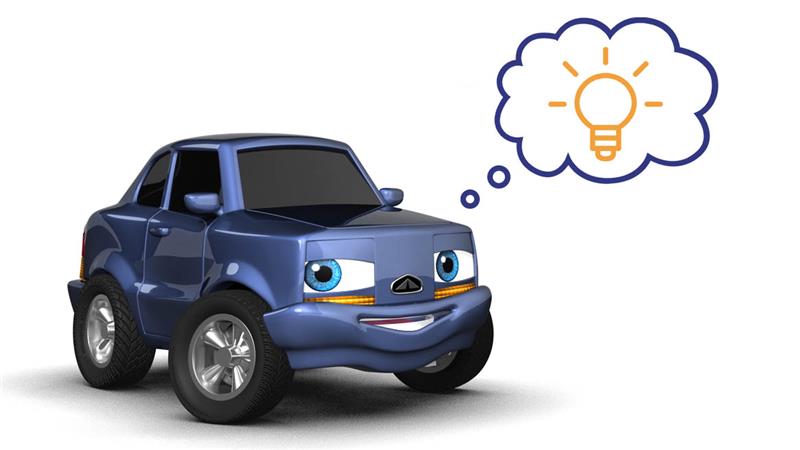Duke’s Bright Spark (Ignition Coil Replacement)

Hey The Duke here and with the 4th of July just around the corner, sparks will be flying. But will you car be giving off those sparks too???? Today I will bark about Ignition Coil Replacement and it’s important job. So let’s set off those fireworks and bark into it.
Ever wonder how your vehicle’s engine is able to take the 12-volts from its battery and ramp that up to as high as the tens of thousands of volts it takes to fire its spark plugs? The secret is something called an ignition coil. Most newer vehicles have an ignition coil at each cylinder, but older ones have a coil that serves all of the spark plugs.
There are telltale signs that you have an ignition coil problem. As you might expect, one symptom is it’s hard to start your engine or it won’t start at all. If your engine is misfiring or not running smoothly or you see the Check Engine light come on, those all could point to an ignition coil failure.
Several things can contribute to ignition coil trouble in addition to normal wear and tear. Moisture and dirt may have gotten inside the coil, plus the heat and vibration of your engine over time can contribute to them going bad. Bad spark plugs or plug wires can also be a cause.
While ignition coils can last 100,000 miles/160,000 km, depending on how you drive and in what conditions. If you start noticing some of the signs and symptoms just described, it’s a good idea to schedule a visit to see us so a technician can diagnose what’s wrong. Driving too long with an engine misfiring can damage your catalytic converter, and that can be expensive to replace.
A technician will thoroughly check your ignition system and determine where the failure is. If it’s only one coil that’s bad, it may be the only thing that will need replacing. If your vehicle has a distributor, it may also need to be replaced. Properly-working ignition coils will help your vehicle operate at its best and help prevent future engine damage.
“May the rockets’ red, white, and blue glare fill your heart with patriotic pride this 4th of July!” ~ DUKE

Allied Auto Works
2073 Grant Road
Los Altos, CA 94024
6509687227
http://alliedautoworks.com

